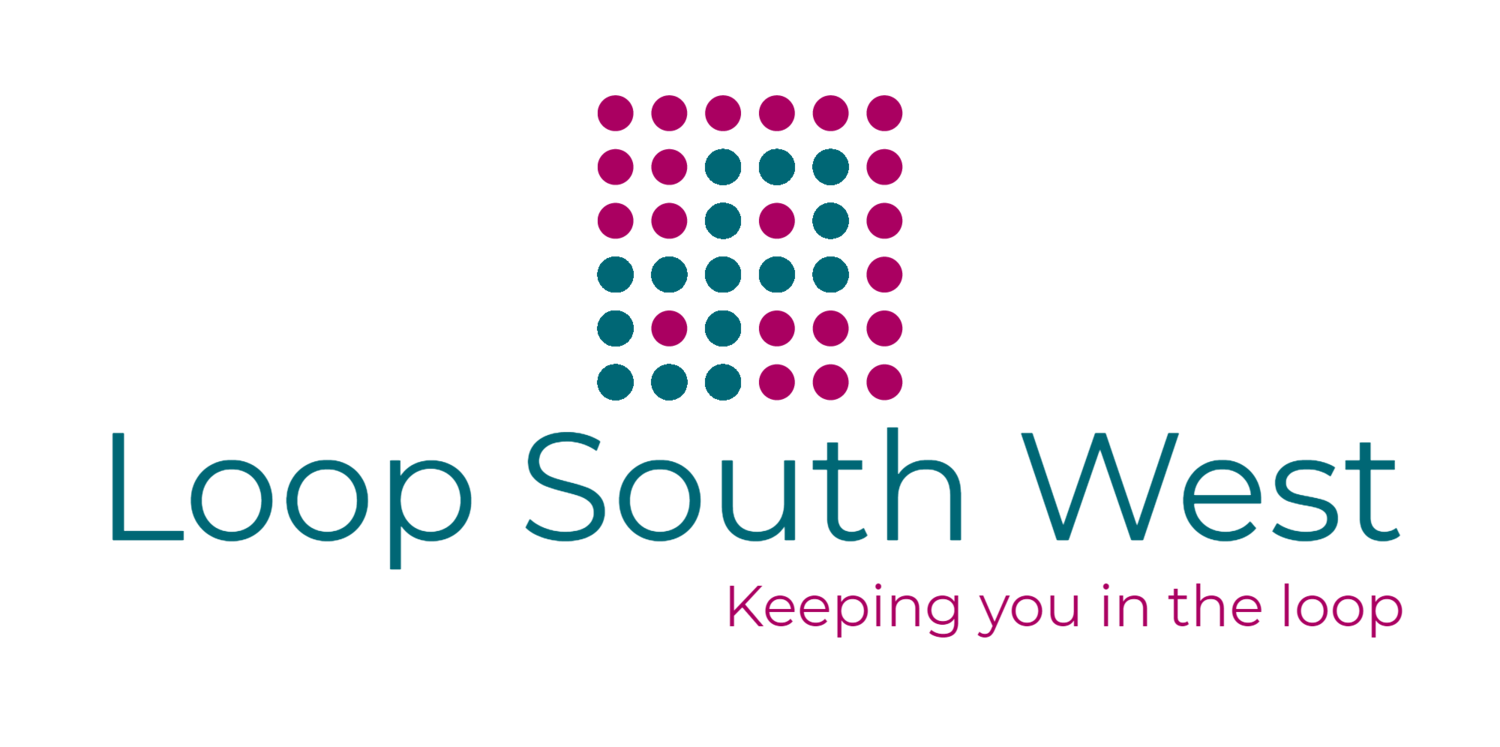Endometriosis Action Month: When should you request a referral for possible Endometriosis?
Campaigners are gearing up for this year’s Endometriosis Action Month, with the aim of highlighting the real impact of living with the condition, including its impact on mental health and personal finances, and to pave the way for those with diagnosed or suspected endometriosis to get the support they need.
Although the often-debilitating condition affects one in 10 women from puberty to menopause, with effects that may be felt for life, research has shown that around 33% of women do not know what endometriosis is and 45% cannot name any of its symptoms.
About one in 10 women, some 1.5 million in the UK, are affected although not all will have symptoms, and not all of those who do necessarily require a confirmed diagnosis.
However, women who are trying for a baby and have endometriosis or suspect they may have the condition are being urged to seek fertility advice if they fail to get pregnant after a year.
Oli O’Donovan, lead for the NHS endometriosis centre at St. Michael’s Hospital (Bristol) and a fertility specialist at The Bristol Centre for Reproductive Medicine (BCRM), explains that endometriosis can cause fertility problems. This can be for several reasons including damage to the fallopian tubes or ovaries and difficulty having regular sex due to pain.
“Although most women with endometriosis or suspicion of endometriosis will not have feritiity problems, if they do, or if fertility is a particular concern, consideration should be given to referral to a fertility clinic,” said Mr O’Donovan.
“Generally, if a woman has known endometriosis or suspicion of endometriosis, I would suggest seeking fertility advice after a year or so of trying, as chances of successful fertility treatments decrease with age.
“Treatment may be available on the NHS if criteria are met by the couple; in Bristol for instance they must have been trying for two years, the woman must under 40 years of age and have a healthy BMI (less than 30), one or other partner must not have a child and both partners must be non-smokers. Services can be accessed at any time in the private sector.
“If there are signs of deep endometriosis effecting the bowel, bladder, or ureters, then a referral should be made to an accredited endometriosis centre. Young women should ideally be referred to a paediatric and adolescent gynaecology service with input from an endometriosis specialist, but where this is not availlable there should be pathways in place through the gynaecology service or an endometriosis centre.
“Generally endometriosis is treated symptomatically, that is to control symptoms such as pain and fertility difficulties. It is rarely treated for any other reason, including not for prevention of progression.
“Although many women may have symptoms clinically suspicious of endometriosis, most will respond well to simple treatments prescribed by their GP, and therefore will not require referral. These treatments include simple pain killers such as paracetamol and ibuprofen (or other non-steroidal anti-inflammatory medications), or hormonal treatments such as progesterone only or combined oestrogen and progesterone treatments.”
BCRM www.fertilitybristol.com is the longest established fertility clinic in Bristol, helping people from throughout the South West and Wales with fertility treatment for both private and NHS patients. The clinic is involved in innovative research and has one of the best success rates with IVF and other fertility treatments in the UK.
Endometriosis UK www.endometriosis-uk.org and The Endometriosis Foundation www.theendometriosisfoundation.org provide support services, information and a community for those affected by the condition.





